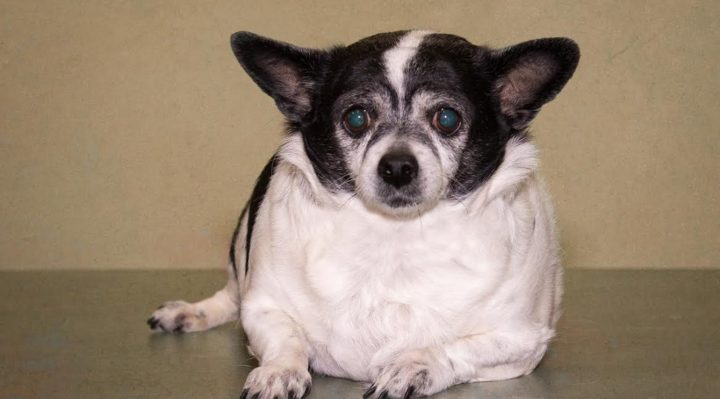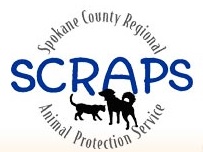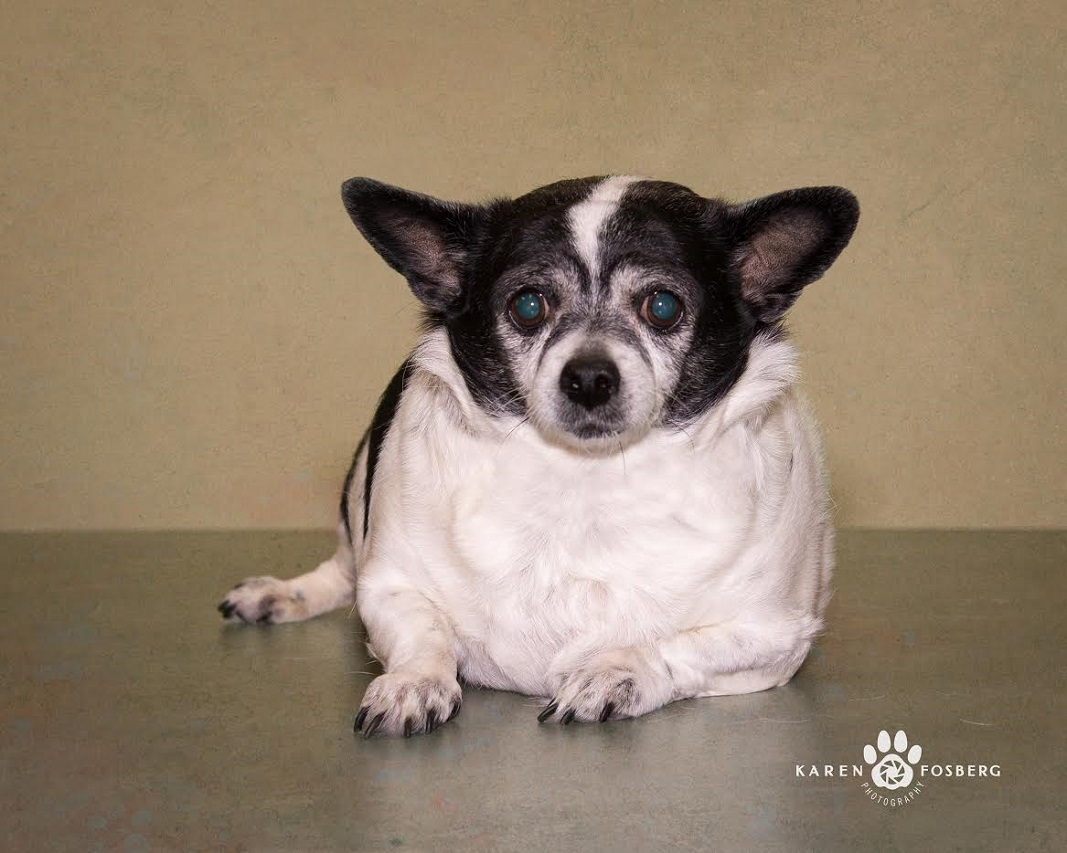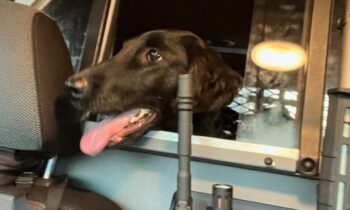
 Overweight dogs are prone to illnesses such as heart disease, cancer, canine diabetes, constant fatigue, and other debilitating and life-shortening problems.
Overweight dogs are prone to illnesses such as heart disease, cancer, canine diabetes, constant fatigue, and other debilitating and life-shortening problems.
A recent survey indicates that over 50 percent of America’s pet population is overweight or obese. If you think your dog might be overweight, consult your veterinarian and follow these tips.
Rib Test
Here’s a simple way to see if your dog is overweight: run your hands down the side of your dog. If you cannot easily find your dog’s ribs, your dog needs to lose weight.
Get a Pro Involved
Make sure your pets’ weight gain isn’t something more serious, like a heart, thyroid, or other metabolic disorder.
Big-Boned Breeds
Many reliable sites have charts that show how much your breed of dog should weigh. Check out the VCA Big Pet Project. You can get information on average weight, calorie intake, and ways to help both your dog and cat stay fit.
Wolves Aren’t Overweight
Many dogs are fed free choice – which means food is available 24 hours a day. This is completely unnatural for any mammal. A dog should be fed two to four small portions a day. And the total number of calories for all meals and treats must equal the number of calories desired for weight loss.
Don’t Let Your Dog Nibble or Beg
Your dog has discovered that if they make noise, you give them something. Or, over the course of a day you’ve given your dog several ‘small’ treats. Those small treats add up to one big dog in the end.
Altering Doesn’t Affect Weight
Spaying or neutering does not cause obesity. Any pet, neutered or not, will gain weight if it is over-fed relative to its energy requirements.

Over-Feeding Your Dog is Not a Sign of Love
Many dogs become overweight because the owner’s sign of affection for their pet has focused on feeding. It is an understandable trait, but unfortunately for the dog it can be a case of too much of a good thing. Direct your attention more toward physical activity than feeding. Think “FETCH” not “FOOD”!
Don’t Train Your Dog to Be a Gourmet
Owners often feed their dogs things like chicken, liver, ice cream, cookies, etc. Although most table scraps are just fine to feed, remember, stay away from bones of any kind! And always check that foods given to your dog are suitable and safe; some common human foods are toxic for dogs.
Little Treats Have Big Calories
Find out the caloric content of commercial treats. You’ll be shocked. One treat can be as fattening as one cup of dog food. Find healthier treats or make your own at home.
Dogs Need Regular Exercise
This can be hard, especially with a Spokane winter, but exercise will improve your dog’s muscle tone, metabolism, and weight.
A Healthy Dog Lives Longer
Healthy animals live an average of 2.5 years longer than overweight ones. Help your furry friend live longer and live a healthier life with good food, lots of exercise, and a loving home.
SOURCE – SCRAPS release, January 2016



